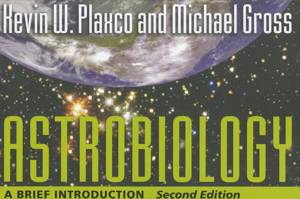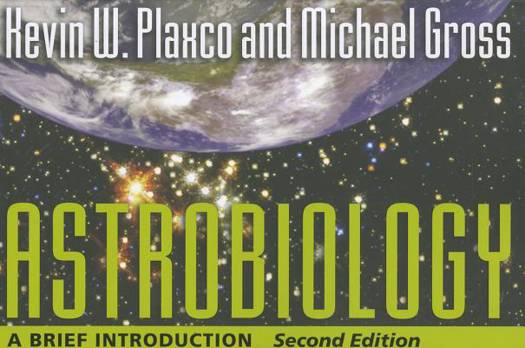
- Afhalen na 1 uur in een winkel met voorraad
- Gratis thuislevering in België vanaf € 30
- Ruim aanbod met 7 miljoen producten
- Afhalen na 1 uur in een winkel met voorraad
- Gratis thuislevering in België vanaf € 30
- Ruim aanbod met 7 miljoen producten
Omschrijving
Informed by new planetary discoveries and the findings from recent robotic missions to Mars, Jupiter, and Saturn, scientists are rapidly replacing centuries of speculation about potential extraterrestrial habitats with real knowledge about the possibility of life outside our own biosphere--if it exists, and where. This second edition of Kevin W. Plaxco and Michael Gross's widely acclaimed text incorporates the latest research in astrobiology to bring readers the most comprehensive, up-to-date, and engaging introduction to the field available.
Plaxco and Gross expand their examination of the origin of chemical elements, the developments that made the Universe habitable, and how life continues to be sustained. They discuss in great detail the formation of the first galaxies and stars, the diverse chemistry of the primordial planet, the origins of metabolism, the evolution of complex organisms, and the feedback regulation of Earth's climate. They also explore life in extreme habitats, potential extraterrestrial habitats, and the current status of the search for extraterrestrial life.
Weaving together the relevant threads of astronomy, geology, chemistry, biophysics, and microbiology, this broadly accessible introductory text captures the excitement, controversy, and progress of the dynamic young field of astrobiology. New to this edition is a glossary of terms and an epilogue recapping the key unanswered questions, making Astrobiology an ideal primer for students and, indeed, for anyone curious about life and the Universe.
Specificaties
Betrokkenen
- Auteur(s):
- Uitgeverij:
Inhoud
- Aantal bladzijden:
- 330
- Taal:
- Engels
Eigenschappen
- Productcode (EAN):
- 9781421400969
- Verschijningsdatum:
- 1/09/2011
- Uitvoering:
- Paperback
- Formaat:
- Trade paperback (VS)
- Afmetingen:
- 158 mm x 229 mm
- Gewicht:
- 535 g

Alleen bij Standaard Boekhandel
Beoordelingen
We publiceren alleen reviews die voldoen aan de voorwaarden voor reviews. Bekijk onze voorwaarden voor reviews.











